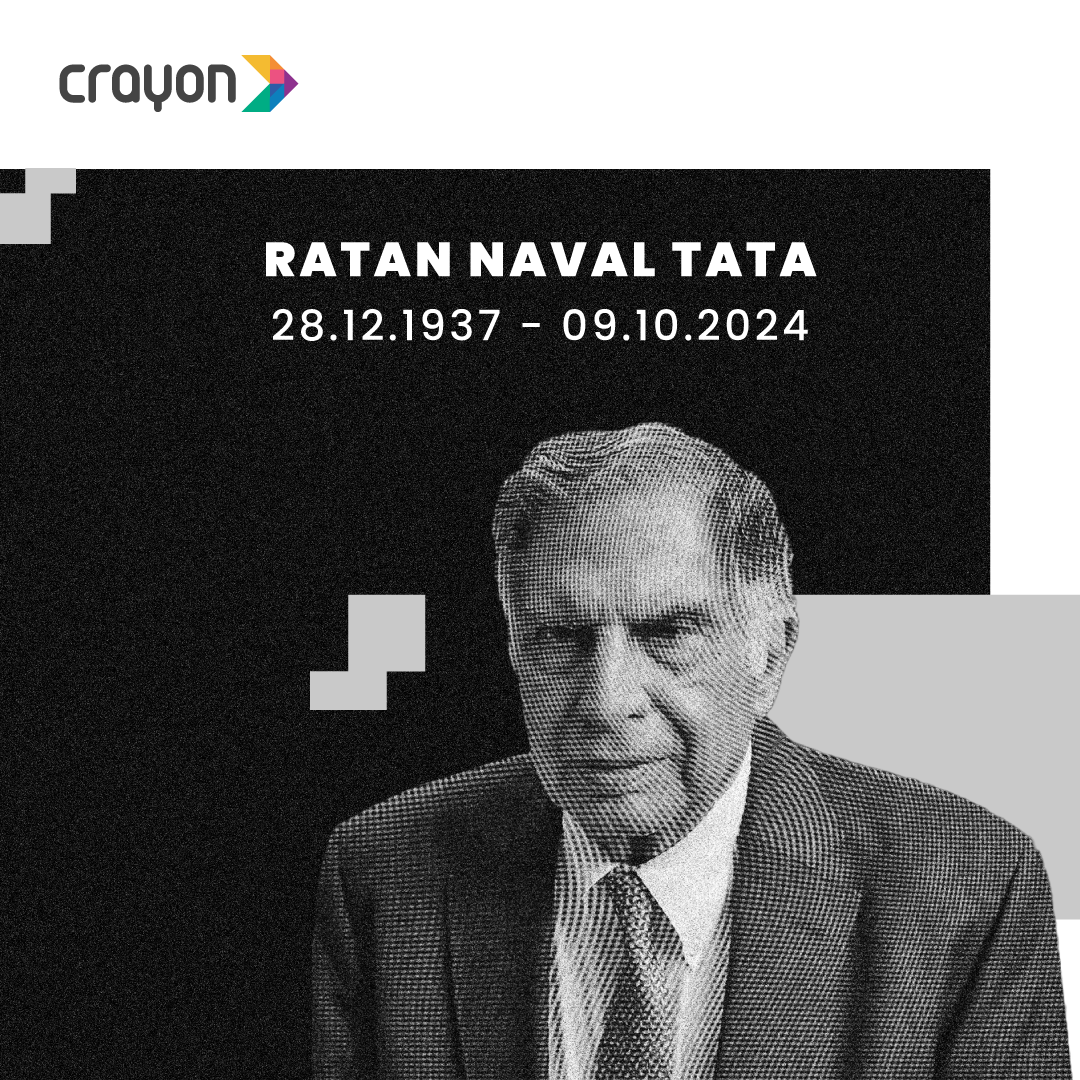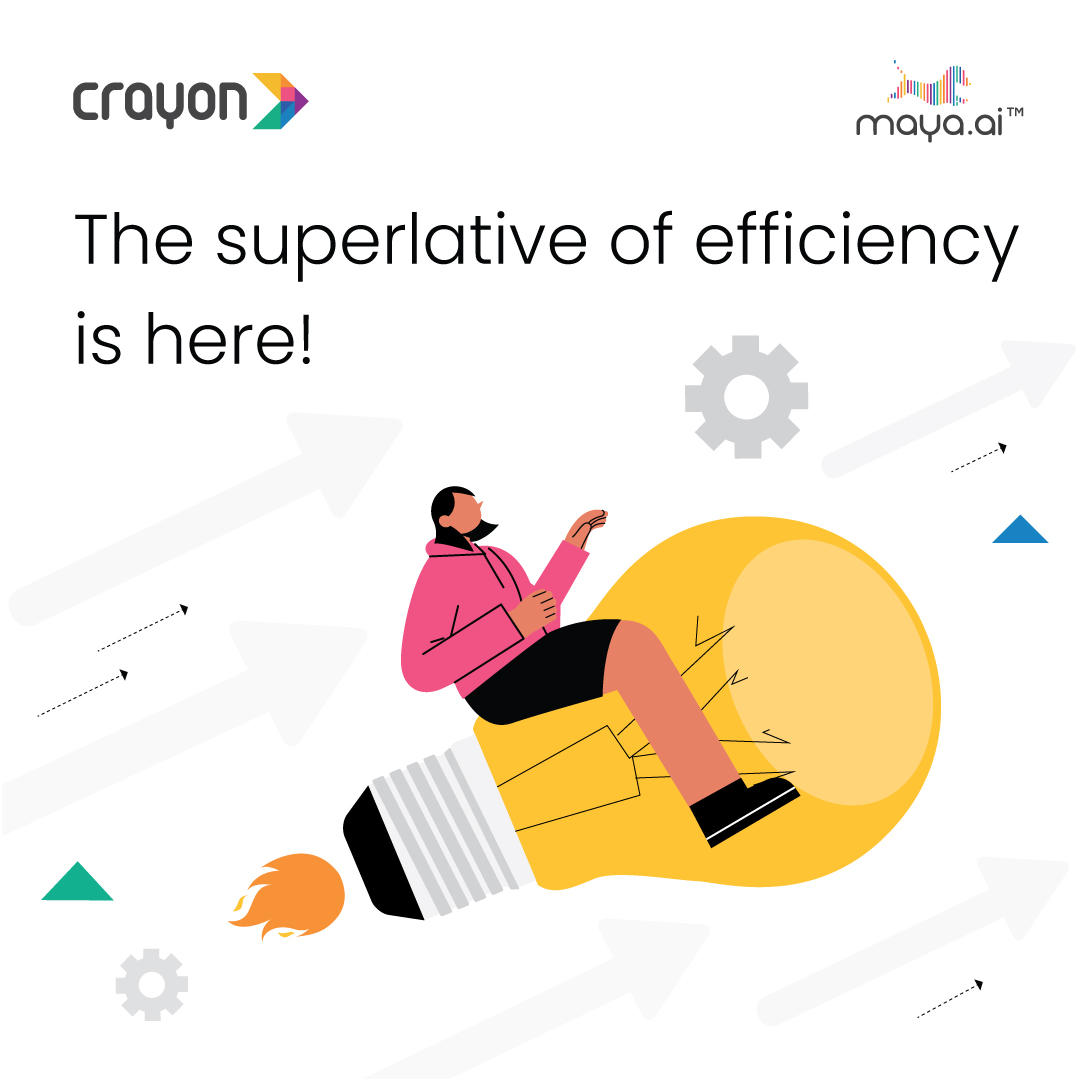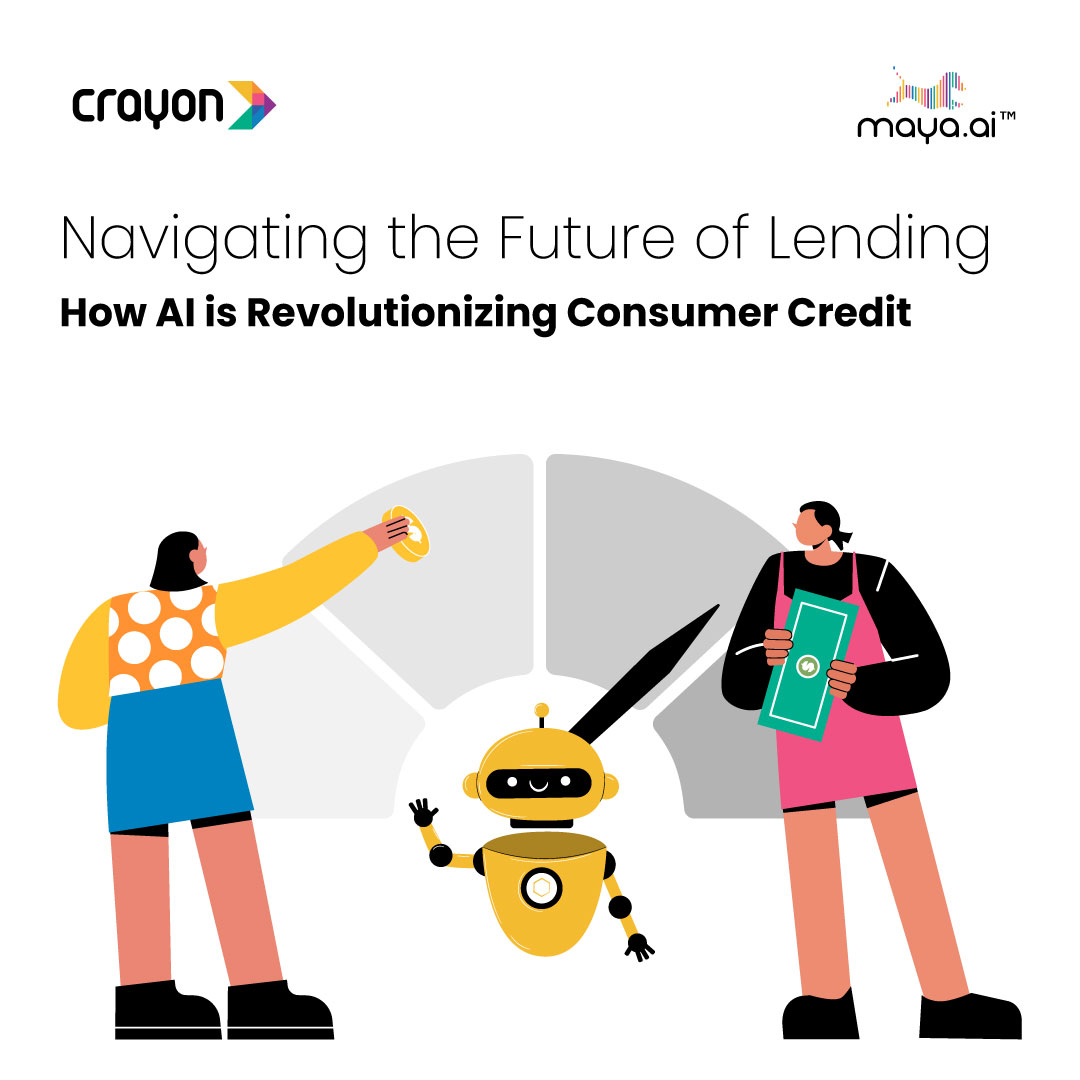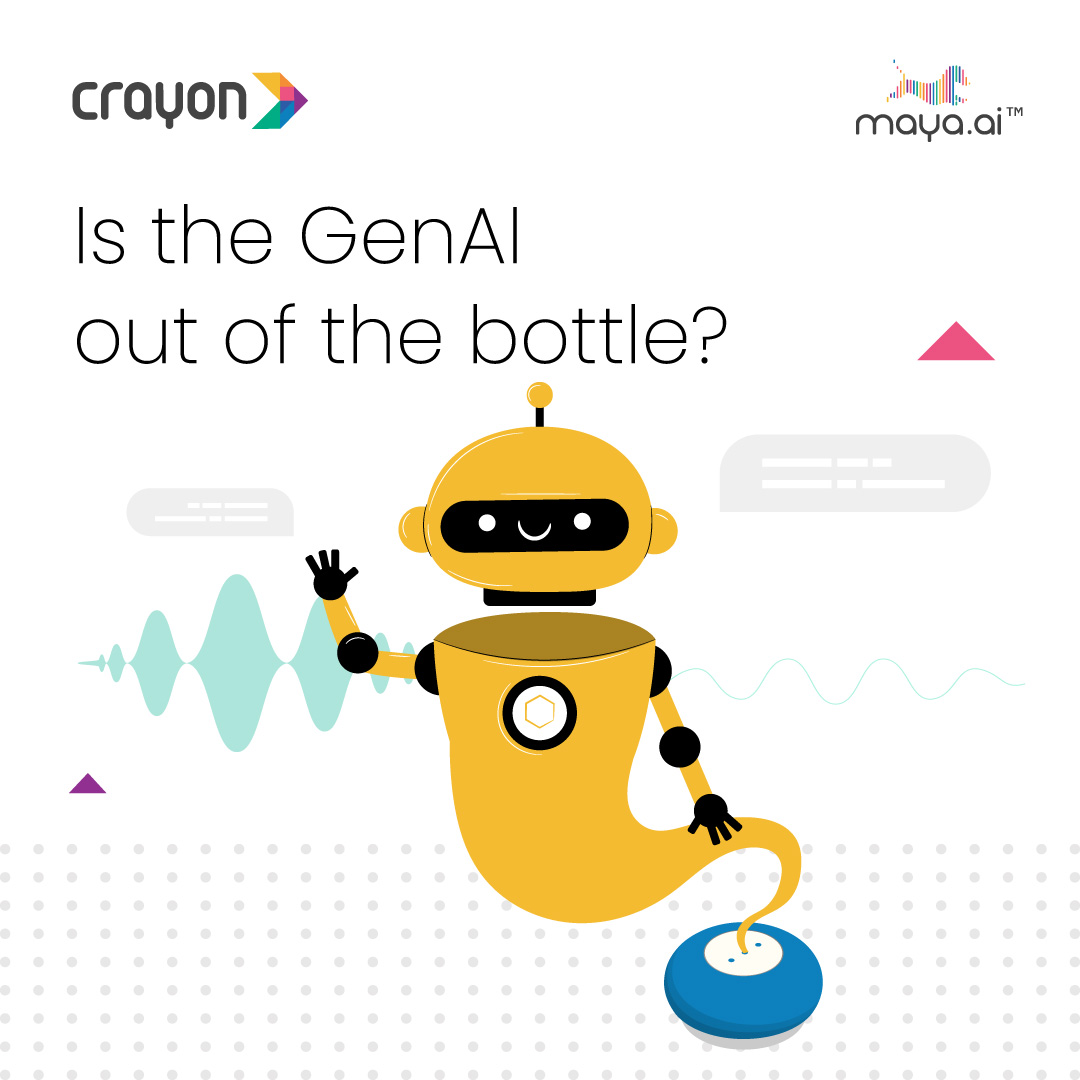We don’t like to throw around the term “smart data.” It seems to so many like a lofty idea, perhaps a dream product for digital media companies and their audiences alike. And we agree — it is all those things.
So, we nabbed our in-house data scientists, convinced them to put their genius thoughts on camera, and got them to explain to you exactly what it is that makes Umbel so crazy smart that both us and our clients call it a smart data platform as though that’s just the industry norm. Because, well, we think it should be.
To give a bit of background, smart data is an extension of big data and big data became a big deal when suddenly so many digital data points were being collected (think via search queries, credit card purchases, social media likes and posts, etc) that no single computer could process them.




